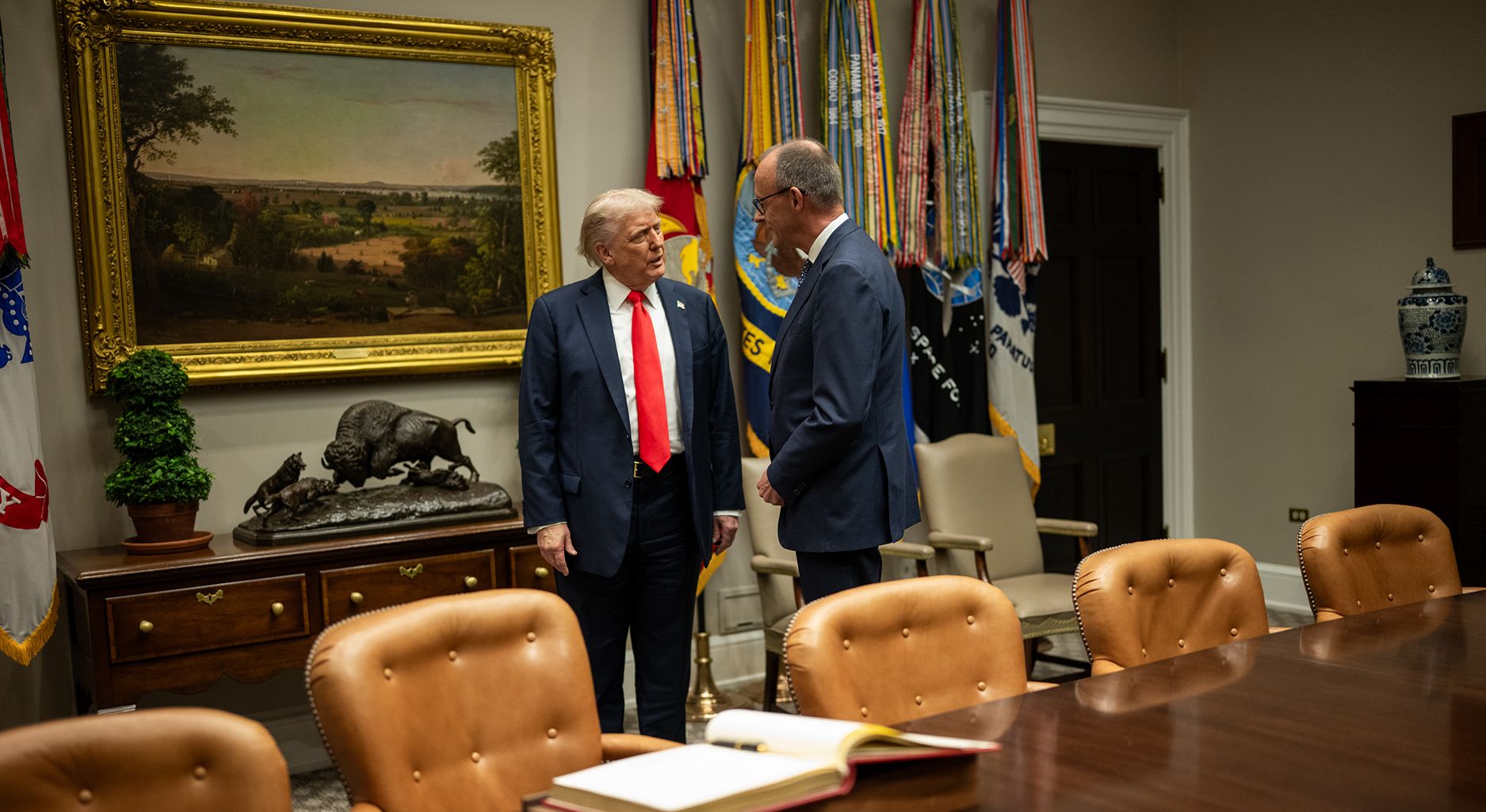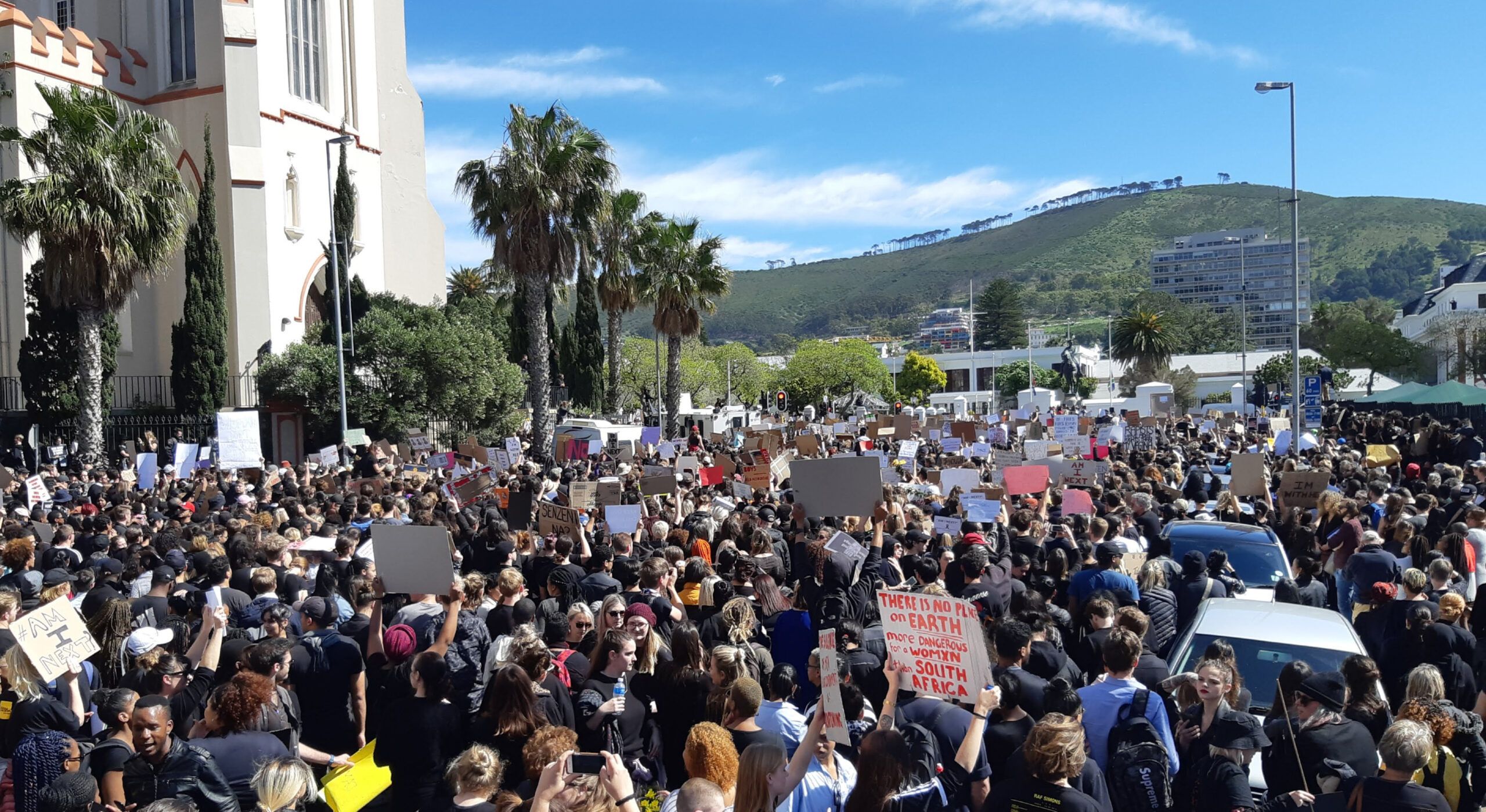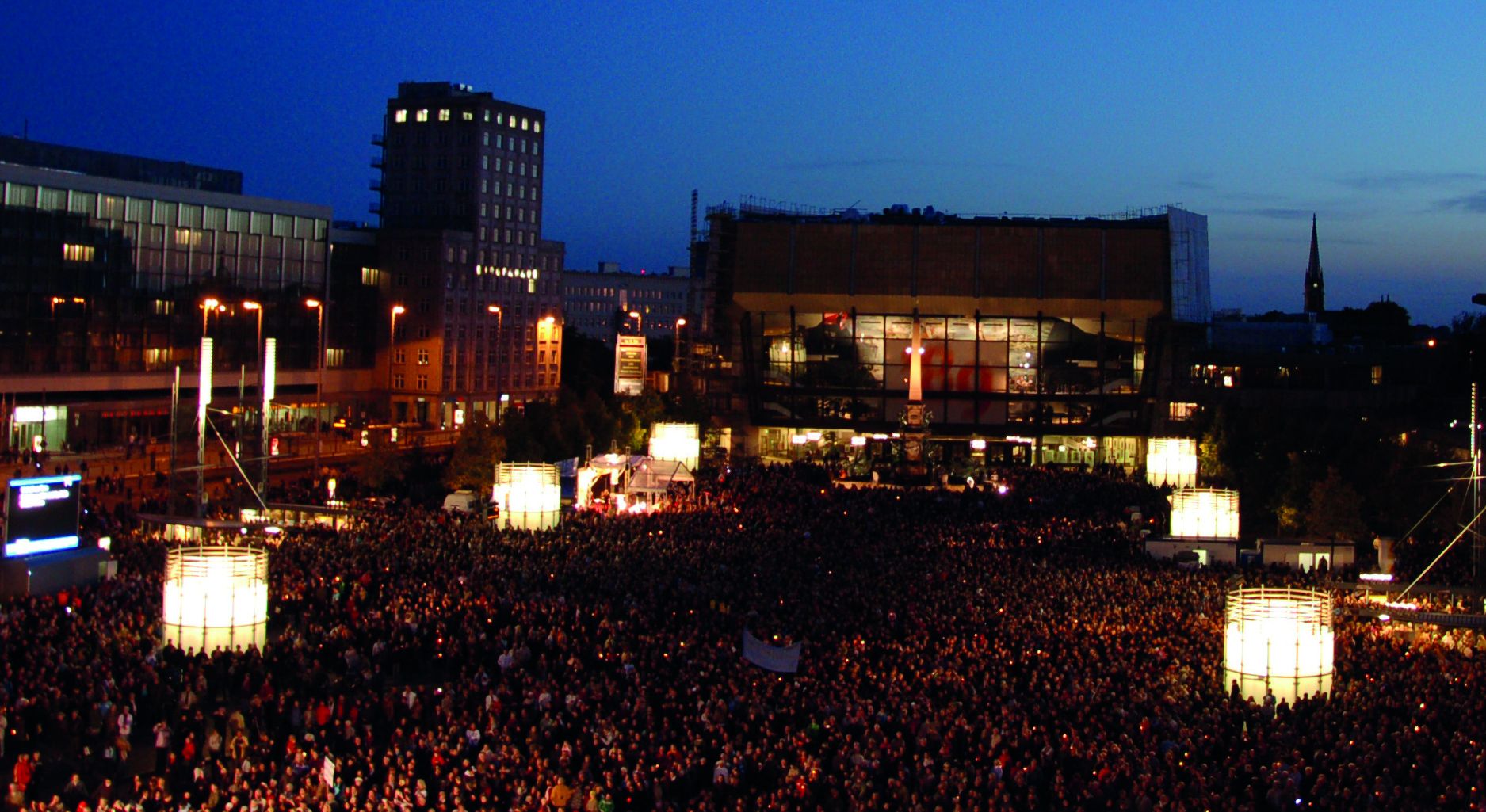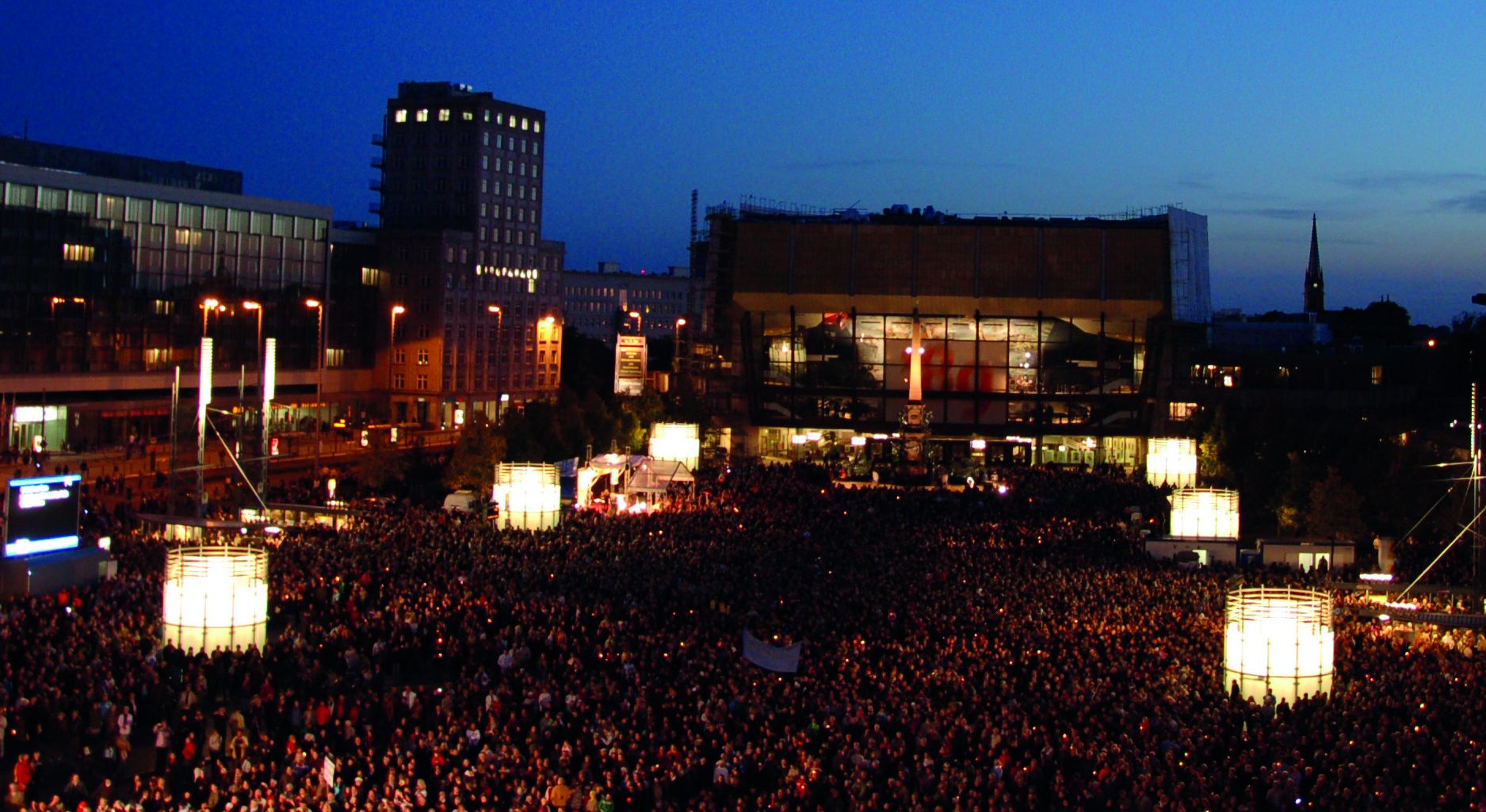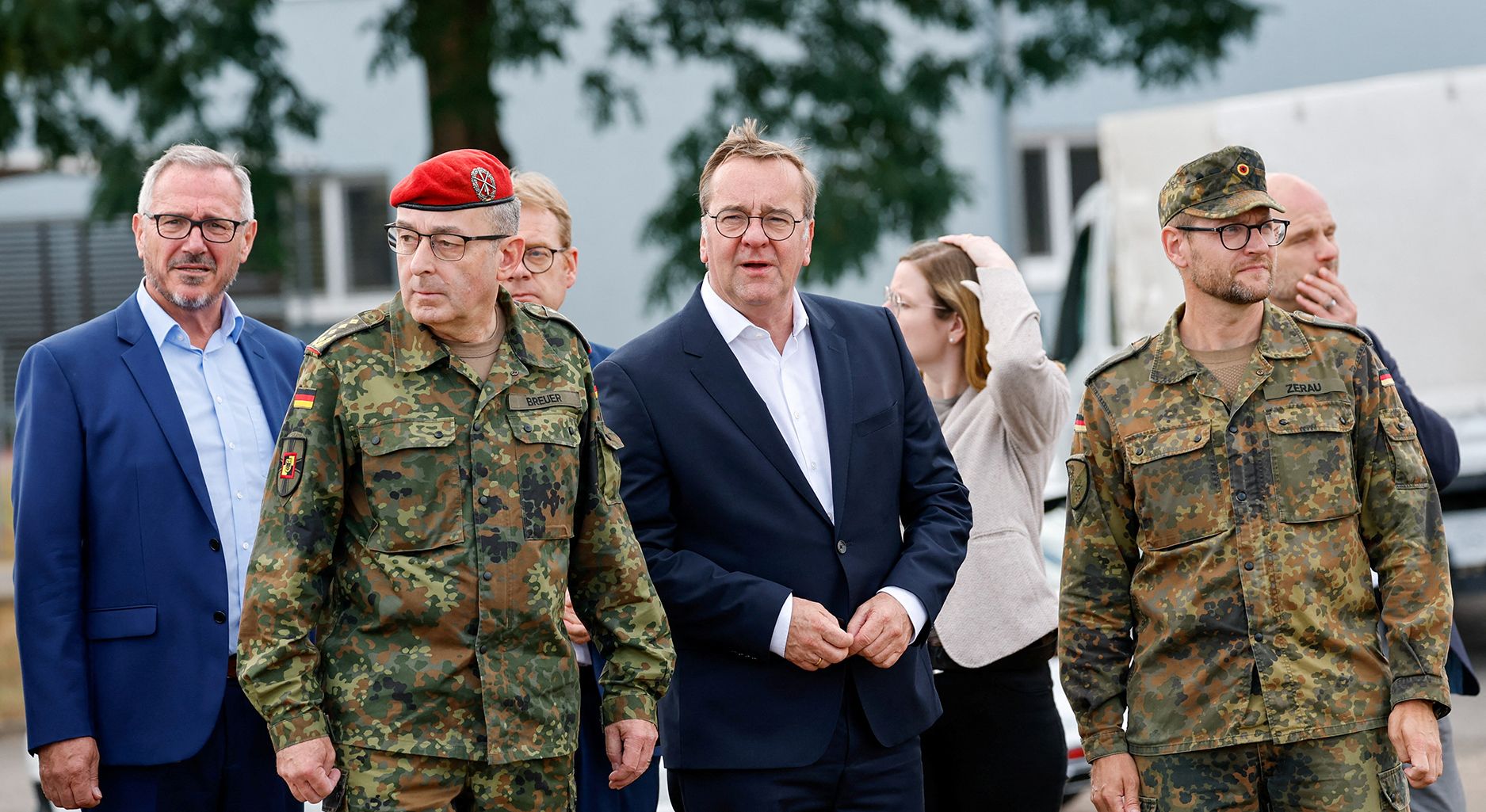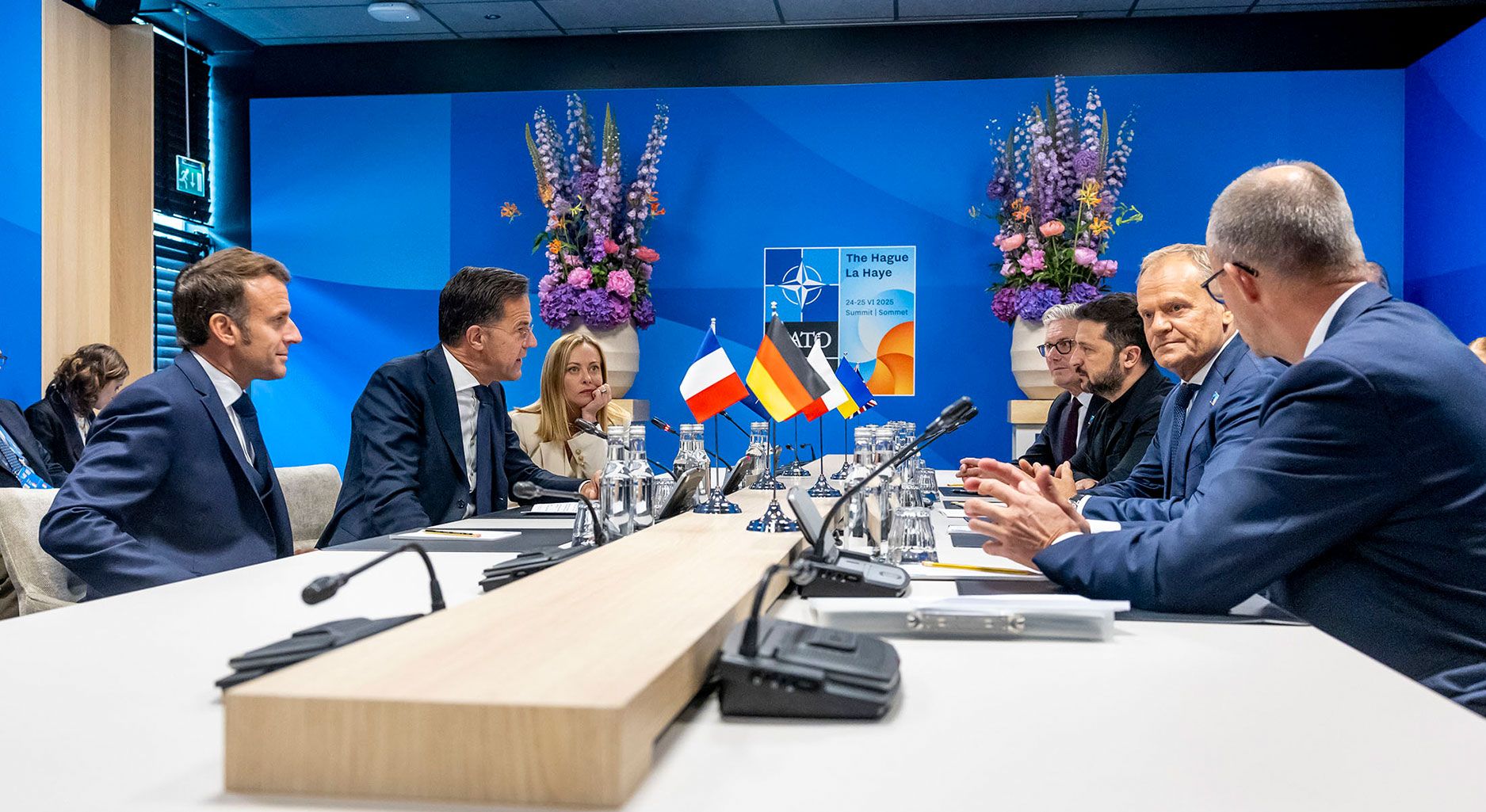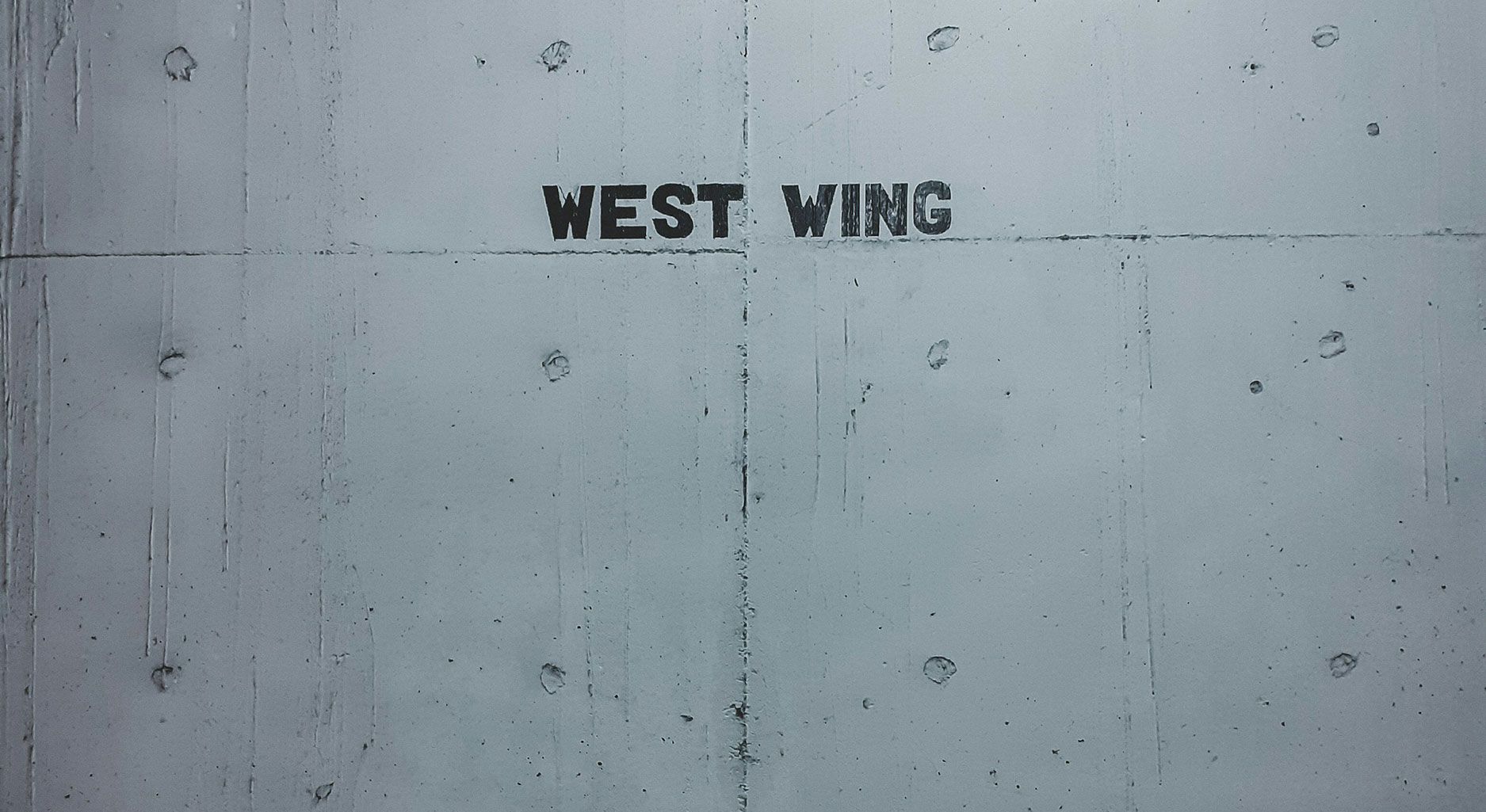Schlagwort: Deutschland
Der US-amerikanische Militärschlag gegen Venezuela und die Entführung des amtierenden...
Resisting the Pushback: Worldwide Activism Against Femicide
The number of femicides is rising globally. Yet, perpetrators often face reduced sentences,...
Fading Memories of Hope and Empowerment? Why Remembrance of the Peaceful Revolution in Germany Matters and Needs to be Strengthened
Thirty-six years after the so-called Peaceful Revolution of 1989, the foundation stone for the...
Verblassende Erinnerungen der Hoffnung – Warum das Gedenken an die Friedliche Revolution gestärkt werden muss
36 Jahre nach der sogenannten Friedlichen Revolution von 1989 wurde in Leipzig der Grundstein für...
Zwischen diffusen Motivlagen und mentaler Gesundheit – Die Debatten nach den jüngsten Anschlagsereignissen
Nach den Gewalttaten in Aschaffenburg (2025), Mannheim (2025) und Magdeburg (2024) kreiste die...
Sicherheit in Zahlen? Ein Beipackzettel für Meinungsumfragen zu Außen- und Sicherheitspolitik
In außen- und sicherheitspolitischen Debatten verweisen führende Politikerinnen und Politiker...
Digitale Zeitenwende: Aktive Cyberabwehr als Antwort auf Russlands hybride Kriegsführung
Deutschland steht vor einer wachsenden Bedrohung durch staatlich gelenkte Cyberoperationen,...
Gesellschaftlicher Zusammenhalt in Krisenzeiten: Wie der Nahostkonflikt Zusammenhalt herausfordert
Der Nahostkonflikt stellt für Deutschland seit jeher eine besondere Herausforderung dar – nicht...
Mit Russland verhandeln mittels Drucks und Anreizen
Geht es um Kriege außerhalb Europas, tritt Deutschland für Diplomatie und Verhandlungen ein....
Extrem rechts – Extrem jung: Radikalisierung in Deutschland und Singapur
Letzte Woche ließen zwei Meldungen besonders aufhorchen: Die eine, nicht neu, dass die größte...
